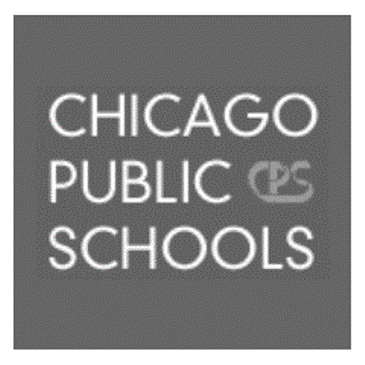CPS Revising Student Suspension Policy
By Chuck Sudo in News on Jun 24, 2014 2:00PM
 The Chicago School Board will vote Wednesday on new revisions to Chicago Public Schools’ discipline code intended to curb the use of suspensions as a disciplinary measure, use out-of-school suspensions as a last resort and keep children in class.
The Chicago School Board will vote Wednesday on new revisions to Chicago Public Schools’ discipline code intended to curb the use of suspensions as a disciplinary measure, use out-of-school suspensions as a last resort and keep children in class.
CPS’ Suspension and Expulsion Reduction Plan (SERP) is intended to move away from the district’s previous zero-tolerance policy toward student discipline, which Mayor Rahm Emanuel and CPS CEO Barbara Byrd-Bennett say are “overly punitive” practices that “negatively impact school environments, leading students to miss out on valuable class time.”
Changes to the Student Code of Conduct include:
- Removing out-of-school suspensions for minor misconducts such as using cellphones in class
- Eliminate out-of-school suspensions for Pre-K through second grade
- Remove several offenses such as theft from the mandatory “call the police” list
- Give principals more flexibility in judging the severity of a suspension-worthy offense
- More training for administrators and teachers on implementing policies
- A more streamlined appeals process for parents and guardians of suspended students to follow
Who knew Pre-K students could be kicked out of class?
Emanuel and Byrd-Bennett call these new guidelines “restorative justice” practices intended to level the playing field. Forty-one percent of CPS students are African-American yet 75 percent of out-of-school suspensions were handed down to black students. “By establishing a more holistic approach to misconduct, we can address the root-cause of student behavior and promote restorative practices,” Byrd-Bennett said. “This approach will ensure our students are given every opportunity to thrive in a positive and safe learning environment that prepares them for success in college, career and in life.”
Critics of CPS will contend the new changes will merely lock in budding sociopaths with students seeking to better themselves through education and it’s worth noting that the changes to the code do not come with a fiscal commitment to make this appear as more than just babysitting during the school day. The Chicago Teachers Union did applaud the district’s changes but added it’s only a first step.
Chicago Public Schools (CPS) needs to make a full commitment to a positive climate that includes social workers, counselors, conflict resolution and restorative justice practices. Each school needs a safe space for students to go within the school, and each school needs fully trained personnel to address any issues that students may have.All school personnel should be fully informed about restorative justice theory and practices, and there should be a restorative justice or school climate coordinator in every school and network. These personnel should not be part of a third party vendor program or grant—they should be part of the permanent school staff.
Teaching civil, social and professional behavior is part of the educational process, and CPS must get serious and put resources and personnel behind its stated commitment to building a positive learning climate in our schools.